France's Political Shake-Up: Macron's Decision and Its Ramifications
In the wake of France's recent elections, President Emmanuel Macron has decided to keep Prime Minister Gabriel Attal in his position, a move aimed at maintaining stability during a period marked by political chaos. The elections led to a fragmented legislature, with the left, center, and far-right all securing significant numbers of seats but none achieving an outright majority. This outcome has sent ripples of uncertainty throughout the European Union's second-largest economy.
Election Results and Their Impact
The election results have created a complex political landscape. The New Popular Front, a leftist coalition, emerged with the most parliamentary seats. Macron's own centrist alliance followed, and Marine Le Pen's far-right National Rally also made a strong showing. This division has resulted in what can only be described as political paralysis. Macron's strategic decision to call for snap elections, ostensibly for a moment of political clarification, has instead led to a fragmented legislature and a nation in a precarious state of governance.
The implications of this political gridlock are far-reaching. Domestically, it hampers effective governance, complicating everything from passing new legislation to managing economic policies. Internationally, it raises concerns about France's role in the European Union and its ability to contribute to critical discussions on global issues, including climate change, trade, and security.
The Role of Gabriel Attal
Prime Minister Gabriel Attal, who offered his resignation following the elections, has been requested by Macron to stay on in his role, at least temporarily. Attal's extended tenure is seen as a stabilizing factor, especially given the current political instability. His leadership is crucial in navigating the immediate aftermath of the elections and ensuring that the government continues to function effectively during these challenging times. Attal may remain in his position through significant upcoming events, such as the Paris Olympics.
Negotiations and Alliances
With no single party holding a majority, the newly elected lawmakers are now faced with the task of forming alliances to create a functional government. Macron will need to engage in intricate negotiations to secure the support necessary to run the country. This coalition-building process will be vital in determining the future direction of France's domestic and foreign policies. The stakes are high, not just for France but for the broader European Union and global diplomatic landscape.
Challenges Faced During the Campaign
The election campaign itself was fraught with challenges. Issues of racism and antisemitism surfaced, alongside incidents of physical attacks on candidates. Russian disinformation also played a role, adding another layer of complexity to an already contentious election period. These factors contributed to the overall atmosphere of tension and uncertainty, making the election and its aftermath a particularly turbulent time in French politics.
Implications for Europe and Beyond
The election results and the resulting political paralysis have broader implications beyond France's borders. Europe's economic stability is at risk, and the continent's political unity could be tested as France grapples with its internal divisions. The situation also impacts the ongoing war in Ukraine, where France's position and actions are closely watched by international observers. Macron's attendance at the upcoming NATO summit in Washington will be crucial in reaffirming France's commitments to its allies and addressing the challenges posed by global diplomatic tensions.
The Path Ahead
As France navigates this period of political instability, the path ahead remains uncertain. The coming weeks and months will be critical in determining how the country moves forward. The formation of alliances and effective governance will be key to addressing the pressing issues facing the nation and ensuring that France continues to play its vital role on the global stage.
The eyes of the world will be on France as it works to resolve its political challenges and chart a course for the future. The decisions made during this period will have lasting impacts, not just for France, but for the broader European and international community.
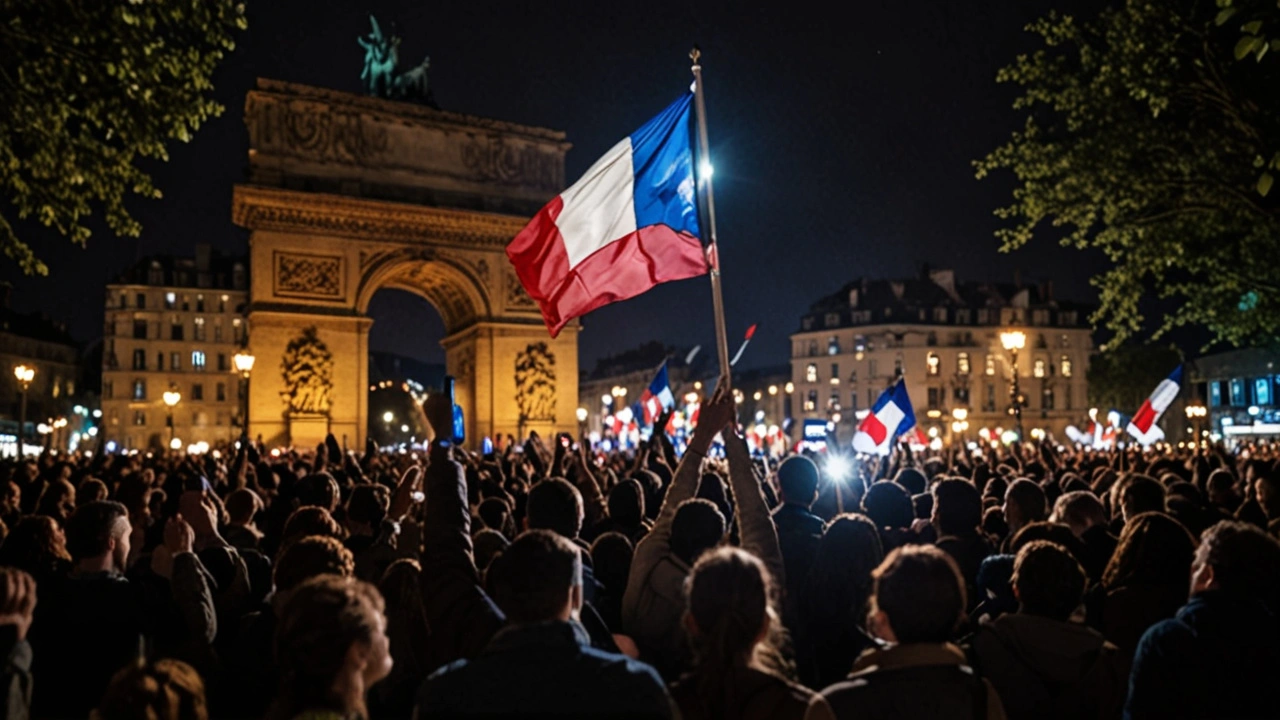
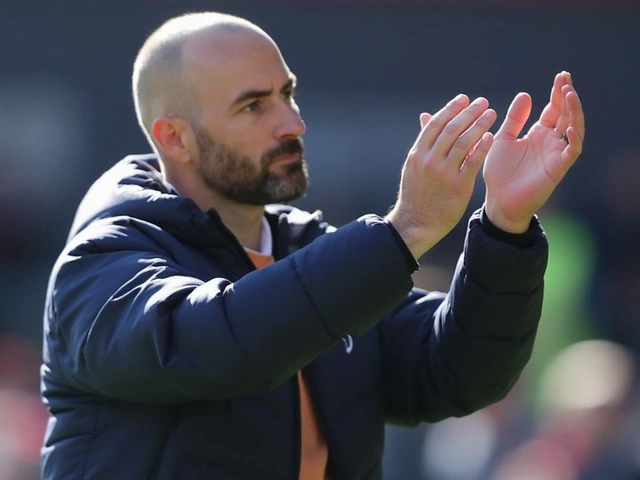
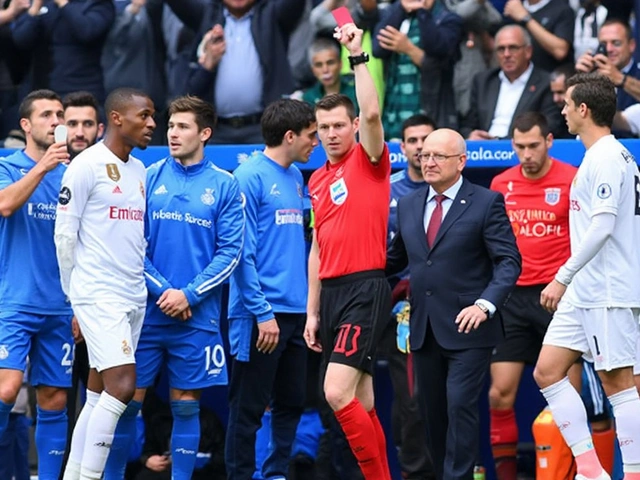
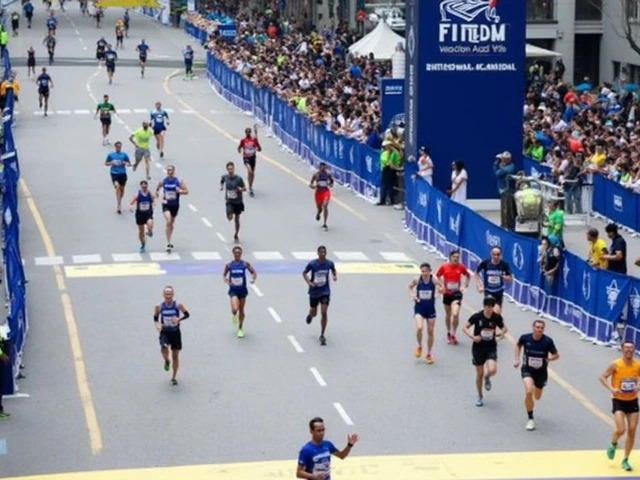
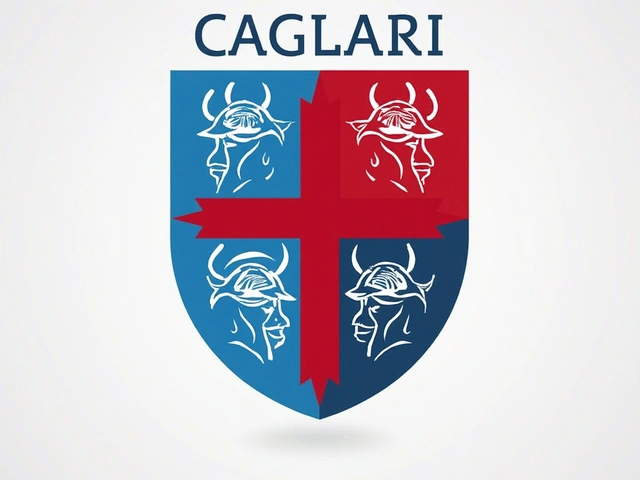
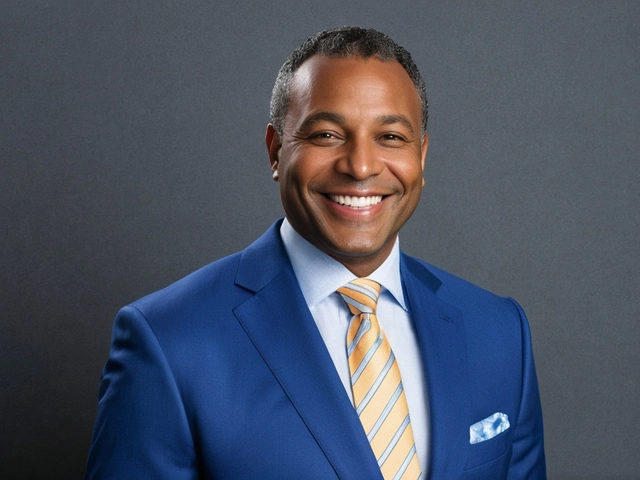
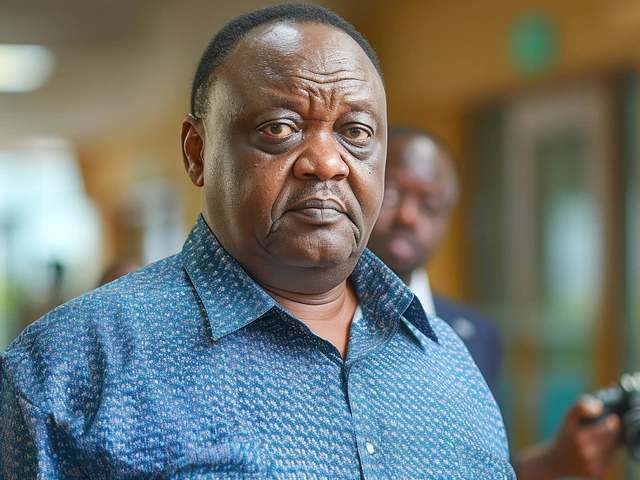

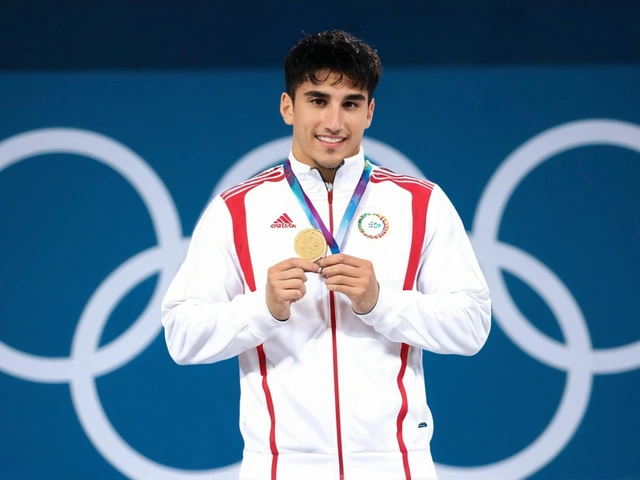
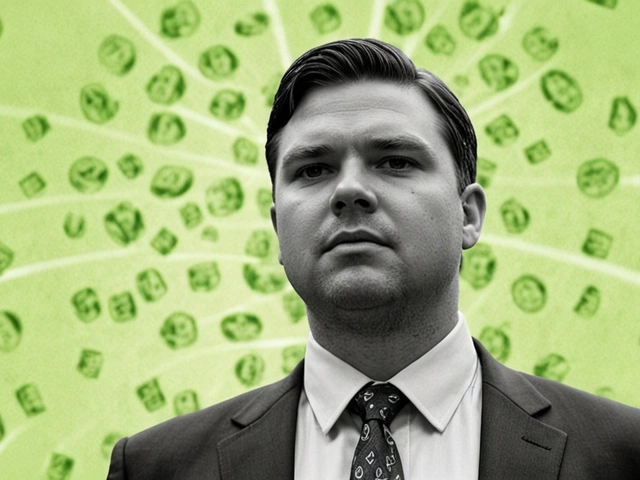
Write a comment